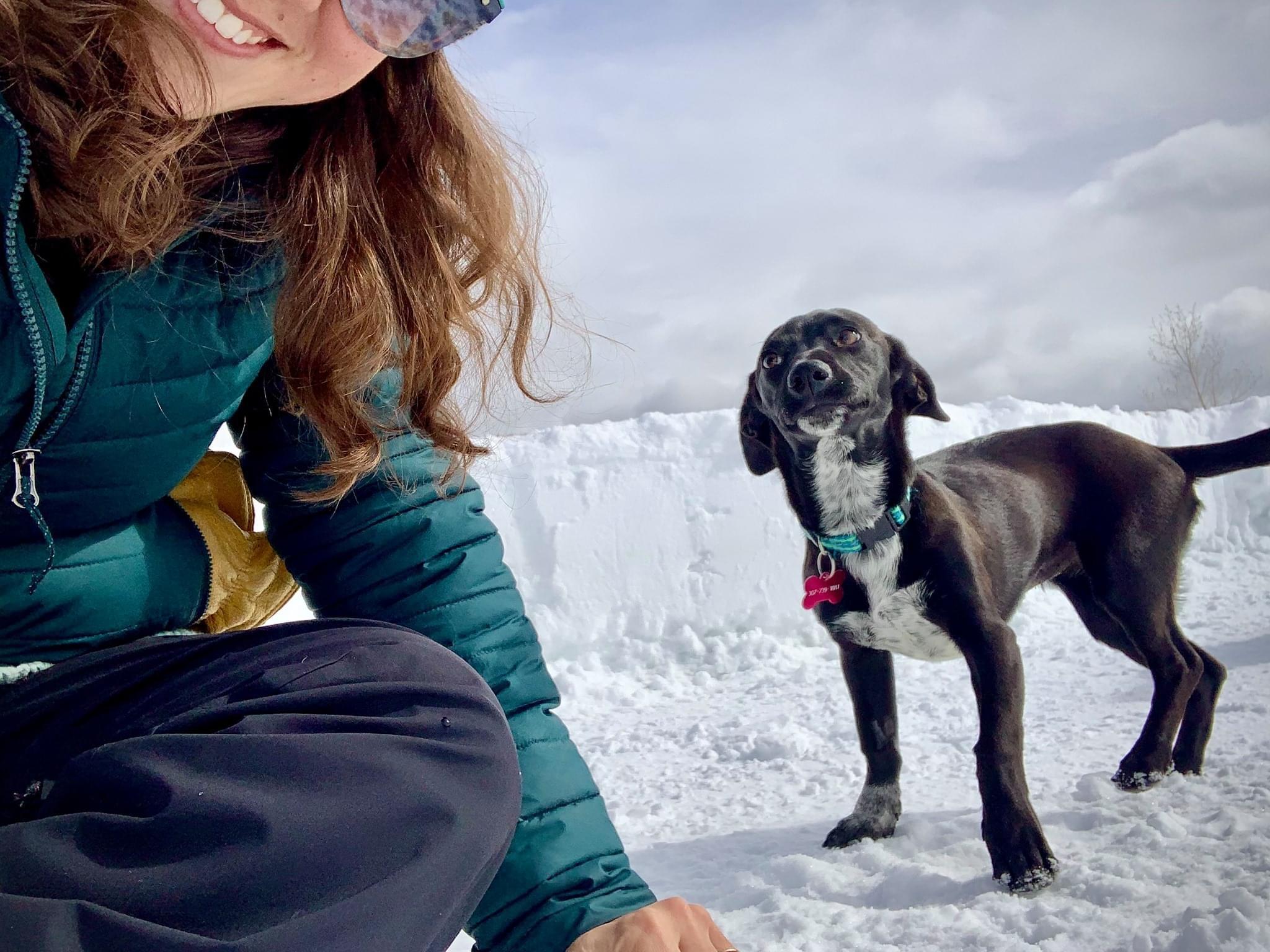Original Article: https://www.austinpetsalive.org/blog/the-future-of-transport-a-note-from-dr-j
Mar 25, 2021
As we start to see the light of normalcy return with the release of COVID vaccines, we have a little break from what has felt like back-to-back emergencies to share our plans for the future at Austin Pets Alive!. Our board of directors and executive staff have been working hard on creating and starting to implement our 2021-2023 strategic plan.
This plan brings our mission sharply into focus. If you need a refresher, our mission is to promote and provide the resources, education, and programs needed to eliminate the killing of companion animals. We recognize if we tighten our efforts, forget what we know as our “status quo” and really drill down on all the ways we, as a large lifesaving organization, can physically intervene in the deaths of shelter pets, we can actually find even more ways to save lives with what we have and know. Our eyes are set on making Texas No Kill and we’re not stopping there.

After the recent snowstorm, we got a taste of what the animals are like who are still losing their lives in Texas as we madly transported more than 1,000 of them to other cities that wanted to help. These are sweet cuddly little kittens, small fluffy dogs, labs, huskies and so many more deserving lives that we know from our experience in Austin are among the easiest to save. One story in particular hit home–a sweet little chihuahua mix named Hamilton in Laredo who was scheduled to be killed. He was scooped up for this transport and now is happy and safe in a home in Jackson Hole, WY! We had never thought we could save thousands more per year until now, and dogs like Hamilton deserve our brainstorming and reassessing so that more lives are saved.
Here is some food for thought:
- It is estimated that 150,000 animals are still needlessly dying in Texas shelters every year.
- In most northern U.S. communities, there is an overabundance of adopters, which is keenly felt by organizations which scramble to find adoptable pets to meet demand.
- It costs a fraction of our total per animal to serve as a distributor to shelters and rescues as it does to take them all in and do all the work ourselves before adoption.
So why haven’t we transported out all along? Over the last 12 years, we have steered clear of transport, except during Hurricane Harvey and then only for non-Austin animals, because Austin is the safest community in the country for pets. Sending pets from Austin to anywhere else is inherently more dangerous for them. Unfortunately, that thinking has gotten in the way of us taking a hard look at how we might be able to help pets still dying all over the state. While Austin is safest, only a tiny fraction of the 150,000 animals losing their lives each year in Texas can get into Austin. If we start to think of Austin instead as a pit stop in the journey from one very dangerous place in TX to a much less dangerous place in the north, even if that final destination is not at Austin’s level of No Kill experience, we start to open the door to making Texas No Kill.
You might be thinking, “But taking some of your attention off of Austin-only animals makes you less effective for Austin!” We believe the opposite is true. We know that if we are able to save the masses of Texas lives more efficiently, we can ourselves focus on saving the few that truly need our specialized support more effectively. By helping more cities stop killing, we help more animals join homes both in Austin and beyond. By solving for the reasons animals die on a grander scale than just our own backyard, Austin continues as the beacon of hope for other cities and states. By ensuring that the money entrusted to us to save lives saves as many pets as possible, we give every animal, no matter its lineage, an equitable chance to not die in a shelter without the benefit of someone trying to help.
Transport is one small piece of our strategic future. We will be sharing a lot more in the coming weeks. Thank you for being on this journey with APA! as we continue to push the lifesaving needle.
Source: Austin Pets Alive












